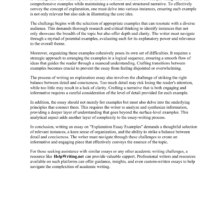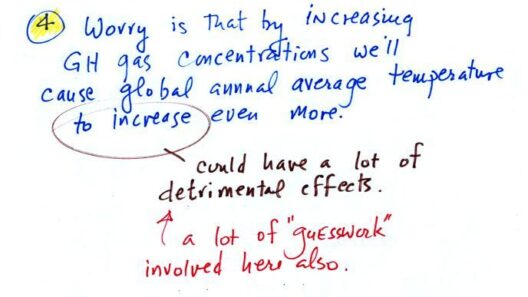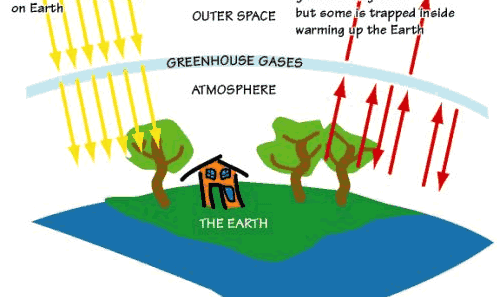Oceans, often referred to as the blue heart of our planet, are now grasping for breath as they navigate the treacherous waters of climate change. The plight of marine ecosystems is akin to an intricate web, where each thread is interwoven with the fates of myriad species. The temperature of our oceans is rising, leading to a cascade of consequences that echo far beyond the shores. This crisis is not merely an environmental concern—it is an urgent call to action.
The phenomenon of global warming acts like a slow, incessant tide, gradually eroding the delicate balance of marine life. As carbon emissions accumulate, the oceans absorb a significant portion of this greenhouse gas, leading to ocean acidification. This alteration in chemical composition endangers the calcifying organisms that form the foundation of marine food webs, such as corals and shellfish. Without these pivotal species, entire ecosystems can collapse, leaving voids in biodiversity akin to a silent orchestra missing its principal instruments.
Coral reefs, often referred to as the rainforests of the sea, are among the first casualties of this relentless warming. These vibrant structures teem with life; they act as nurseries for countless fish species. However, rising sea temperatures lead to coral bleaching, a phenomenon where corals expel the symbiotic algae that provide them with food and color. This process transforms once-thriving reefs into ghostly, barren plains—empty canvases devoid of the vibrant marine life that once flourished there. The implications are staggering; as reefs deteriorate, not only do fish lose their habitat, but coastal communities that rely on these ecosystems for sustenance also stand to suffer. The tragic irony lies in the fact that while corals endure the harsh effects of warmth, they are the very structures that shield coastlines from erosion and storm surges.
Furthermore, the impact of global warming extends beyond the realms of coral reefs. As ocean temperatures rise, the distribution of marine species shifts. Many fish populations migrate towards cooler waters, disrupting the age-old traditions of fishing communities. This shift is akin to a dance where the steps are constantly changing, leaving fishermen and marine organisms alike struggling to adapt. The consequences of this dissonance are profound; it affects food security for millions of people who depend on fish as a primary protein source.
The plight of marine mammals serves as another poignant illustration of the oceanic crisis. Species such as whales and seals find their migratory patterns altered due to changing temperatures and shifting prey availability. This disruption poses serious challenges to their survival. Just as a conductor loses control of an orchestra when its musicians falter, the symphony of life in the ocean is thrown into discord. Apex predators, like sharks and orcas, may also face destabilized food chains, leading to a ripple effect that resonates throughout the marine ecosystem.
In addition to temperature spikes, the oceans are becoming increasingly burdened by pollution, a byproduct of humanity’s unchecked consumption and negligence. Plastics and other pollutants invade marine habitats, suffocating delicate ecosystems much like a suffocating blanket. Sea turtles ingest plastic bags, mistaking them for jellyfish, while seabirds feed their chicks tiny bits of plastic—an insidious trickle-down effect that ultimately threatens the very fabric of marine biodiversity. The result? Long-term damage to food webs and an atmosphere thickened with toxins that seep into the creatures that inhabit these waters.
Moreover, the rise of ocean temperatures wreaks havoc on the intricate phenomena of ocean currents. These currents serve as the lifeblood of the marine ecosystem, regulating climate and facilitating nutrient distribution. When disrupted, they can lead to catastrophic outcomes, including altered weather patterns and exacerbated climate conditions. Just as rivers carve out landscapes, these currents shape the marine environment. Their abrupt change can lead to catastrophic events, pushing vulnerable species towards extinction.
Resilience, however, lies in our hands. There exists a glimmer of hope amidst the turmoil. Coastal restoration projects and marine protected areas can offer sanctuary to beleaguered ecosystems, allowing them to recover and thrive. Sustainable fishing practices can help alleviate pressure on fish stocks, fostering a healthier relationship between human endeavors and the natural world. Innovations in renewable energy can mitigate carbon emissions, reducing the impact of climate change on our oceans.
The seas are unyielding in their ability to rejuvenate, but only if we manage to curtail our exploitative behavior. Collective action is paramount; it affirms our commitment towards the preservation of marine ecosystems and the myriad species that inhabit them. Just as a single drop of rain contributes to the ocean’s expanse, individual efforts can create a powerful wave of change.
Oceans in crisis is a stark reminder of the ripple effects of global warming. As guardians of this planet and stewards of its resources, we are called upon to act decisively and compassionately. The clock is ticking, and the time for complacency has long since passed. Each decision we make echoes through the depths—let it be a resounding call for preservation rather than a mournful dirge for what is lost. The fate of our oceans, like the fate of our civilization, rests in our hands.







